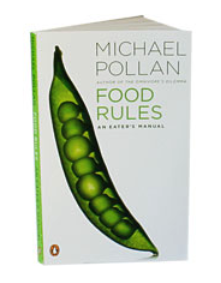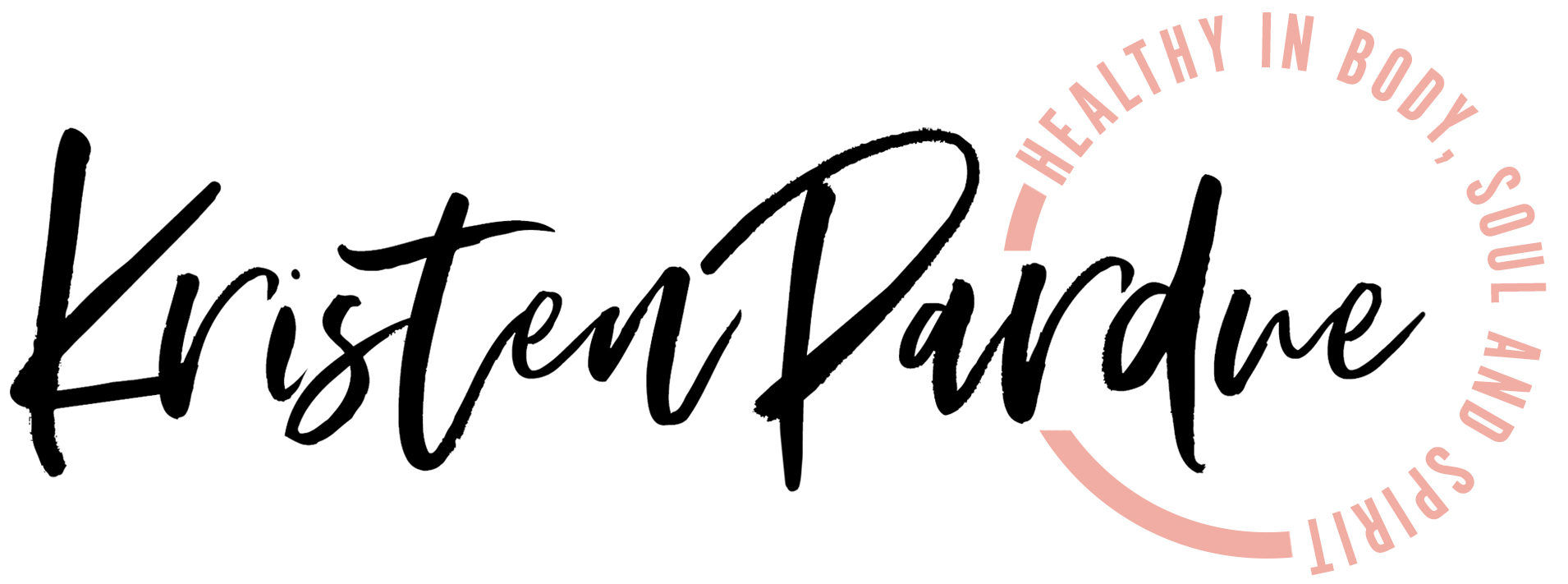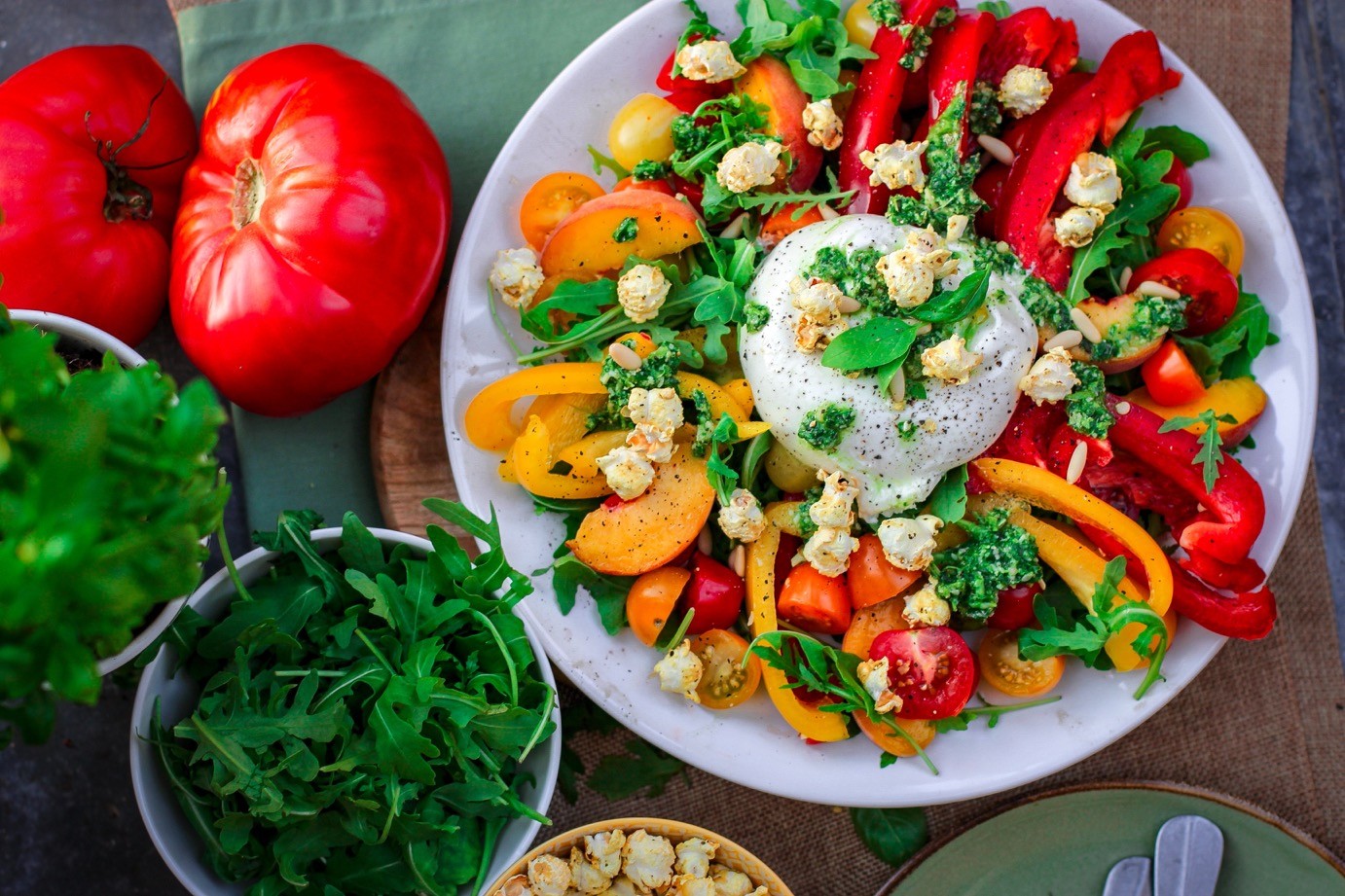Of course it would be ideal to be able to eat all foods organic, but I understand that is just not possible for everyone. The major dilemma I hear from most people is that they cannot afford to buy organic foods. While eating organic tends to be pricier, it will save you money in the long run due to less medical expenses later on down the road. Pesticides, found on many of our foods, are said to be linked to cancer, hypothyroidism, ADHD, Parkinson’s disease, and multiple other health problems.
5 Tips For Eating Organic On A Budget:
- Buy produce in season & buy local. When you purchase fruits and vegetables when they’re in season, you save a great deal of money. Not to mention, the produce tastes better and lasts longer. (It isn’t sitting in a truck traveling across the country, before it gets to you.) I love this time of year because the farmers’ markets begin to flourish with colorful foods for your plate. Another great option is to join a CSA (Community Supported Agriculture). Some CSA’s and farmers’ markets are certified organic, and some do not use pesticides or fertilizers but are not certified organic. The great thing about them is that you can actually speak to the person who produced the food, and ask them how they grow it. To find out more about CSA’s and to find one near you, go here.
- Grow your own organic garden. I understand this isn’t an option for everyone. For example, I live in a townhouse and our HOA doesn’t allow us to plant anything in the ground. For those of us who cannot grow our own, a great idea is to have an indoor herb or small patio garden.
- Avoid buying processed food. It’s a lot more expensive than making things from scratch and storing/freezing in bulk. It’s also much healthier to make your own foods, because you are able to control what goes in them. Examples of things to make yourself: Breads, granola bars, trail mix, cookies, etc.
- Enjoy meatless Mondays. As you know, meat can be pricey, so a great way to save money is to celebrate “Meatless Mondays” with your family. See what great recipes you can come up with together that do not include meat. Great substitutes for meat are beans and lentils. At our house, we love using black beans instead of meat in our spaghetti and tacos.
- Cut those coupons. Even the organic companies have coupons. Check out sites like Faithfulprovisions.com and click on “Coupons,” then scroll down to “Natural & Organic Coupons.” Another great way to find organic coupons is to visit the companies’ website. Here are a few: Stonyfieldfarms.com, Mambosprouts.com, WholeFoods, etc. I actually emailed Amy’s, and they were so kind to send me a coupon booklet in the mail for their organic products. Love me some coupons!
If you can’t buy all your produce organic, here is the list of the “dirty dozen” fruits and vegetables. These are the ones that have the highest pesticide count, so consider these a must-buy organic:
- Peaches
- Apples
- Bell Peppers
- Celery
- Nectarines
- Strawberries
- Cherries
- Blueberries
- Grapes (Imported)
- Spinach
- Kale/Collard Greens
- Potatoes
Here is a printable version of EWG’s Shopper’s Guide to Pesticides.
In my opinion, other foods that should be bought organic are meat and dairy. Animal products have added antibiotics and hormones added to them, which is increasing antibacterial resistance in humans, and causing a host of other issues. (We’ll talk about this on a different blog post.) It’s important to know where your food is coming from. (If you don’t believe me, watch the documentary, “Food, Inc.”)
A short book that I recommend you all read is “Food Rules” by Michael Pollan, who is featured in the above documentary. This easy to read book has simple rules to live by when trying to eat wisely.

I hope this post helps you as you start eating more organic foods!


